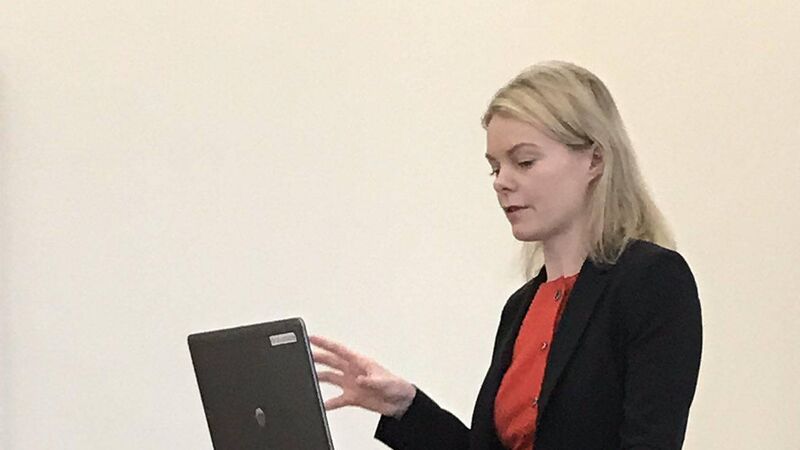'I had no idea what lay in store on the day I was confirmed Covid‐19 positive'

Dr Emer Joyce said new understanding of the disease was emerging and there were still fears over possible long-term consequences for patients.
A leading cardiologist and heart expert has described contracting Covid-19 and said: "I feel as if I know less now than before this all started".
Dr Emer Joyce has written about her experiences both as patient and medic, specifically about SARS‐CoV‐2 myocarditis, inflammation of the heart muscle.










